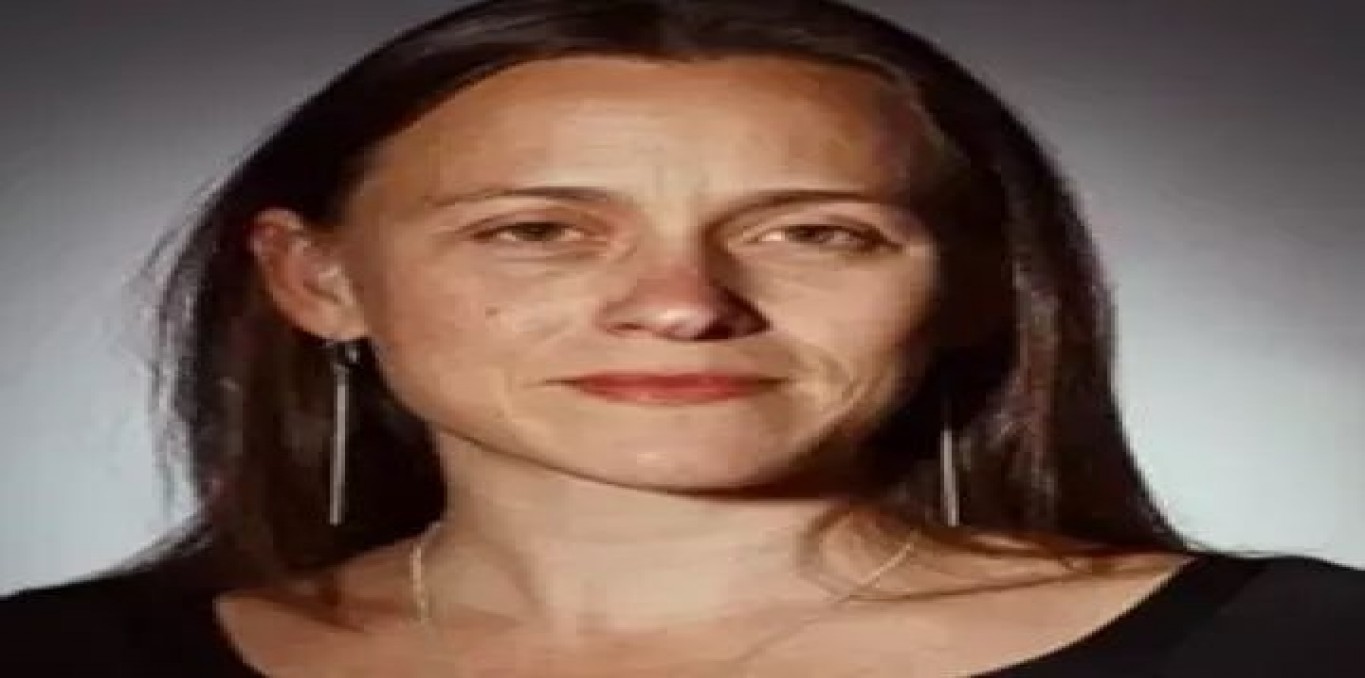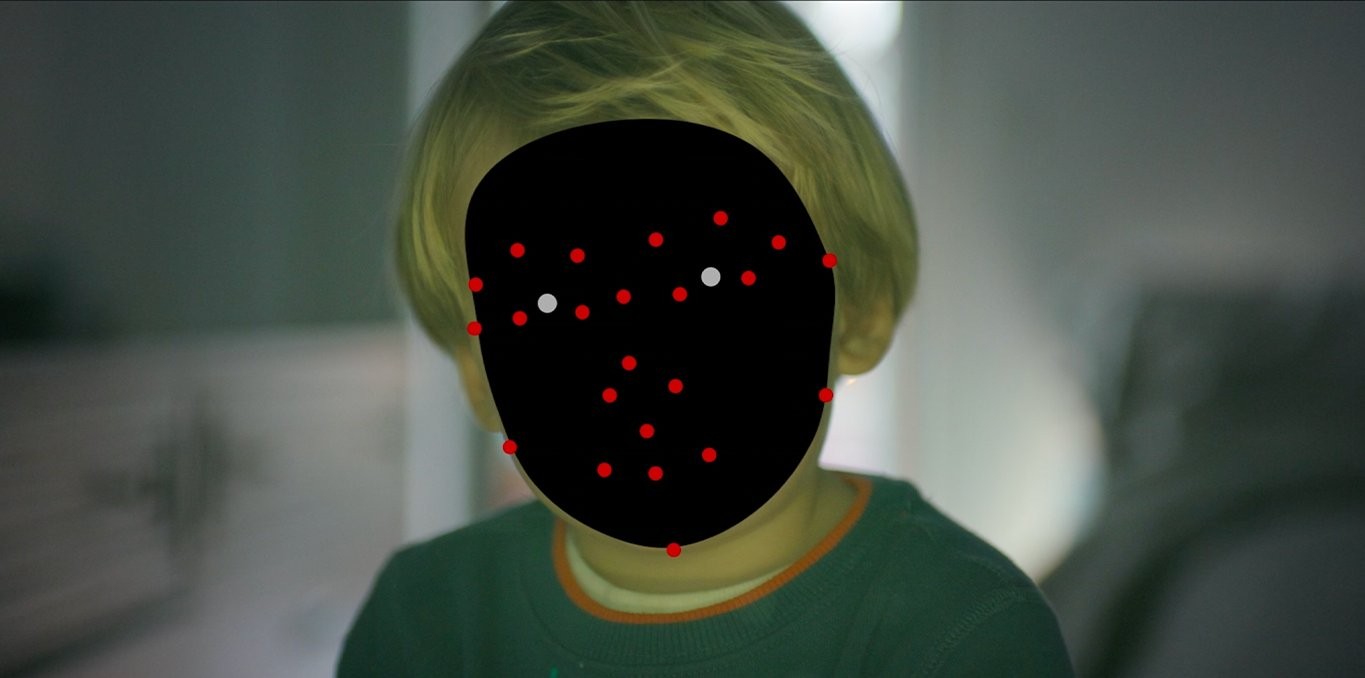Natalia Almada

Natalia Almada is a Mexican-American photographer and filmmaker born in Mexico City in 1974. Her work as a filmmaker focuses on Mexican history, politics, and culture in insightful and poetic films that push the boundaries of how the documentary form addresses social issues. The great-granddaughter of Mexico’s controversial 40th president Plutarco Elías Calles, she makes intimate films that delve into the tragedies of her Mexican-American family’s personal history as well as the Sinaloa region’s violent present. Ranging from documentary to fiction to experimental narrative, Almada’s films portray a world filtered through recollection and constructed by diverging points of view. Whether chronicling the daily lives of Mexican drug smugglers, immigrants, corrido musicians, or government bureaucrats, Almada’s camera acts a witness to lives ensnared by violence and power struggles. Her work has appeared at numerous national and international venues, including the Museum of Modern Art, the Sundance Film Festival, the Guggenheim Museum, the Munich International Film Festival, and the Cannes Directors' Fortnight. She won the 2009 Sundance Directing Award Documentary for her film El General. She is a 2012 MacArthur Fellow and the first Latina filmmaker to win the award.
Related to this realisator

Users
Subscription access
Drawing from her experience of motherhood and the unfailing perfection of machines, Natalia Almada envisions, in the form of a dystopian essay, the future of her children in a technological world. Between wonder and dread, the film’s strikingly beautiful images portray a terrifyingly “perfect” society.

Users
Subscription access
Drawing from her experience of motherhood and the unfailing perfection of machines, Natalia Almada envisions, in the form of a dystopian essay, the future of her children in a technological world. Between wonder and dread, the film’s strikingly beautiful images portray a terrifyingly “perfect” society.
